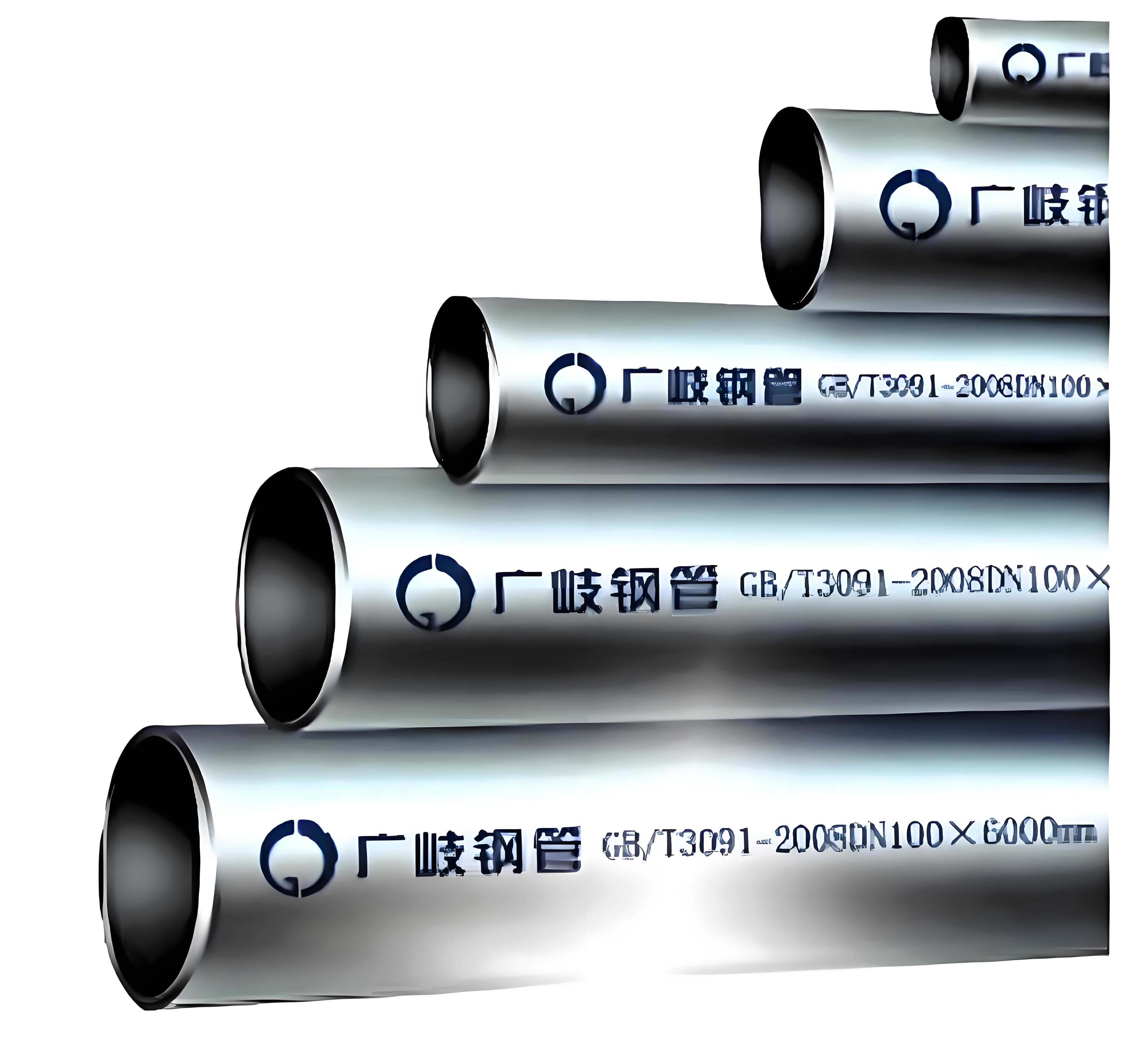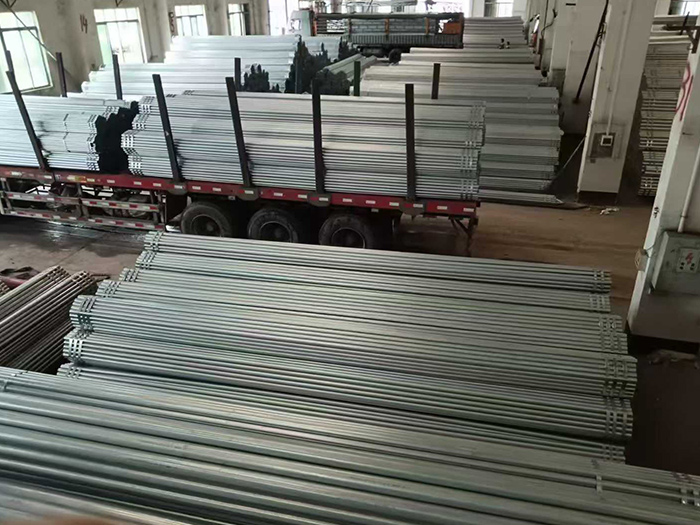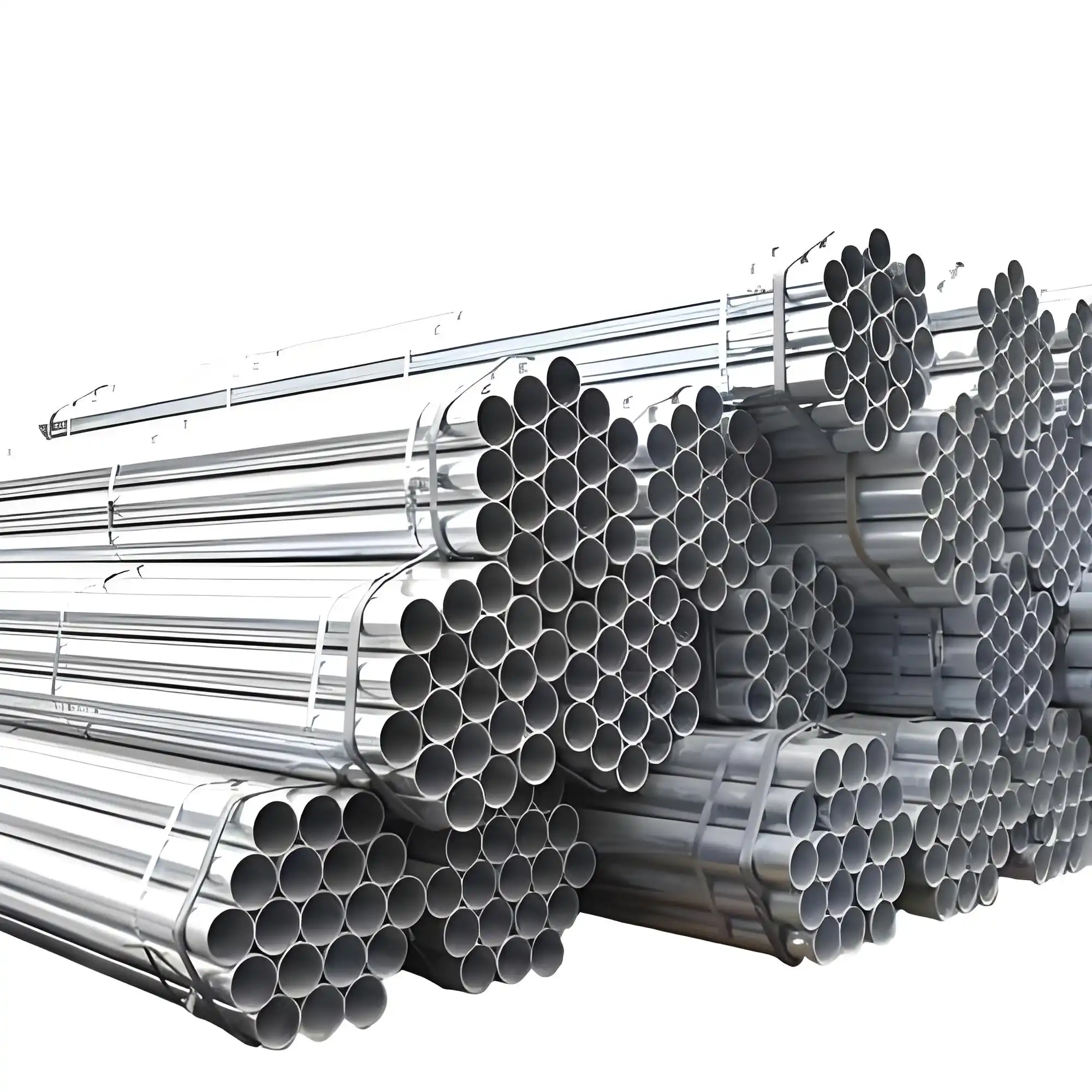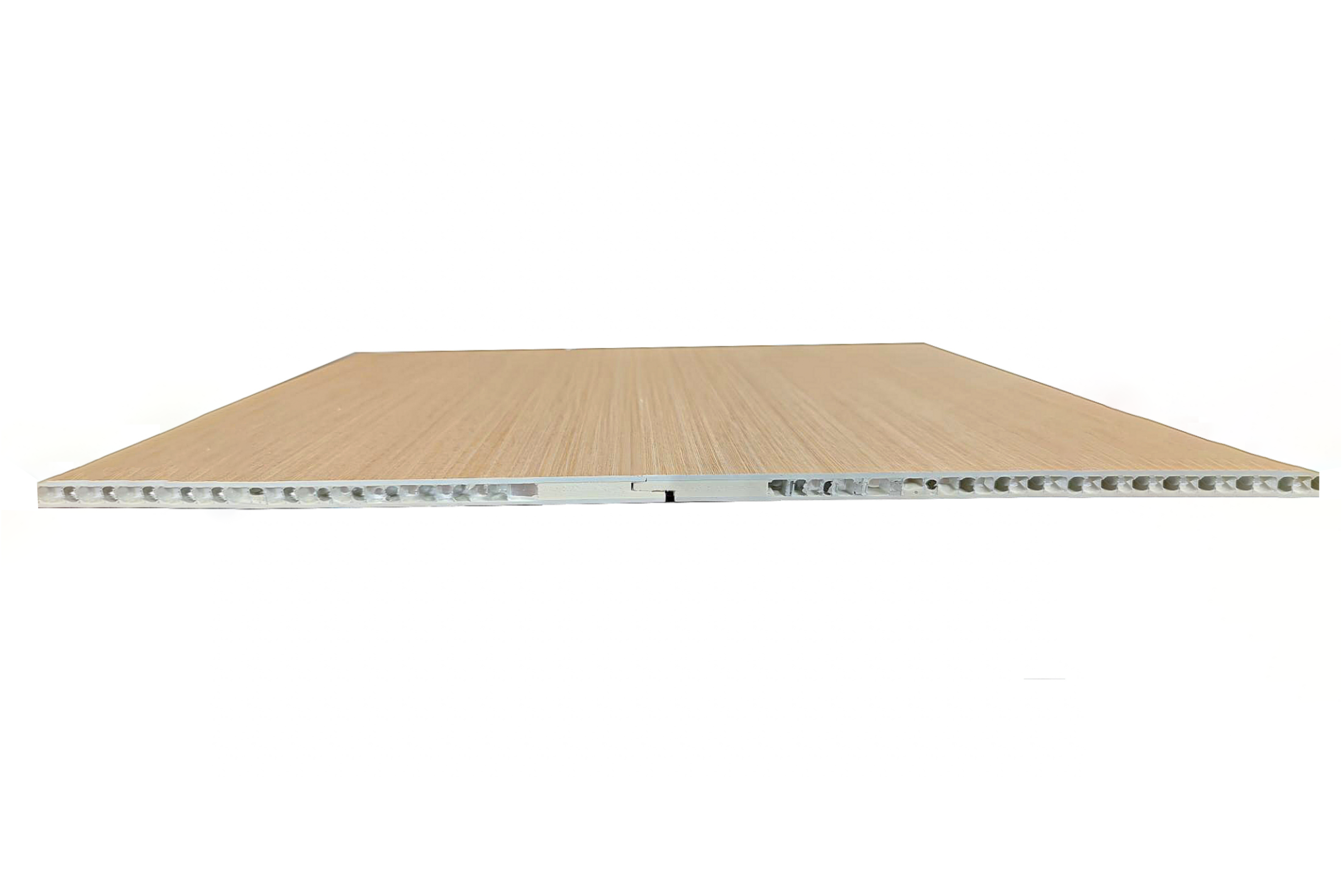Galvanized steel pipes have been widely used for decades due to their durability, resistance to corrosion, and relatively low cost. From water supply lines and structural applications to industrial systems, these pipes play a vital role in construction and infrastructure. However, like any material, galvanized steel pipes are not without challenges. Over time, certain issues can arise that require careful troubleshooting and effective solutions.
Guangqi, a professional enterprise engaged in the production and sales of galvanized steel pipes, galvanized steel-plastic composite pipes, coated pipes, galvanized rectangular pipes, and ductile iron pipes, has become a trusted name in the pipe industry. With their broad product range and commitment to quality, they provide essential solutions to various piping challenges.
Understanding Galvanized Steel Pipes
Galvanization is a process where steel pipes are coated with a layer of zinc to protect them from corrosion. This protective layer significantly extends the service life of the pipe by preventing rust formation. Galvanized pipes are widely used in plumbing, construction, fencing, and industrial systems where strength and corrosion resistance are essential.
While galvanization provides significant benefits, environmental factors, water quality, and aging can impact performance. Over time, issues such as corrosion, blockages, or leakage may emerge, requiring thorough analysis and resolution.
Identifying Signs of Common Problems
One of the most important steps in addressing galvanized pipe issues is recognizing the signs early. Homeowners, contractors, and facility managers should pay attention to symptoms that indicate underlying problems:
Discolored Water: Yellow, brown, or rusty water often signals internal corrosion or rust accumulation inside the pipe.
Reduced Water Pressure: Build-up of mineral deposits and rust narrows the internal diameter, reducing flow.
Leaks or Moisture: Visible wet spots, water stains, or damp areas may indicate leaks from weakened or corroded areas.
Unusual Taste or Odor: Metallic-tasting or foul-smelling water may be caused by corroded pipes or bacterial growth.
Visible Rust on Exterior: External rust or flaking indicates deterioration that may also affect the inside.
These signs should never be ignored, as they can escalate into serious damage and costly repairs.

Causes of Galvanized Pipe Issues
Several factors contribute to the common problems associated with galvanized steel pipes:
Aging: As galvanized pipes age, the zinc coating gradually erodes, leaving the steel underneath exposed to rust.
Water Quality: High mineral content, acidic water, or contaminants accelerate internal corrosion and build-up.
Environmental Conditions: Moisture, soil contact, or exposure to harsh weather increases the rate of exterior corrosion.
Improper Installation: Incorrect pipe joining methods or lack of protective measures can compromise durability.
Mechanical Stress: High pressure, vibration, or external impacts can weaken joints and cause leaks.
Understanding these causes is key to developing long-term solutions for maintaining pipe integrity.
Effective Troubleshooting Techniques
Troubleshooting galvanized pipe issues involves systematic inspection and evaluation. Professional assessments often include:
Visual Inspection: Checking for visible rust, leaks, or irregularities on the pipe’s surface.
Flow Testing: Measuring water pressure and flow rate to detect blockages or narrowing.
Cutaway Analysis: Removing a section of pipe to evaluate the extent of internal rust and build-up.
Water Testing: Analyzing water quality to identify corrosive elements contributing to deterioration.
Leak Detection Tools: Using advanced sensors or thermal imaging to locate hidden leaks.
By combining these methods, maintenance teams can accurately diagnose the problem and determine the best course of action.
Practical Solutions for Common Issues
Once problems are identified, effective solutions must be applied. Some of the most practical approaches include:
Pipe Cleaning: Flushing systems with specialized chemicals or mechanical cleaning methods to remove build-up.
Protective Coatings: Applying epoxy or polymer coatings inside pipes to create a barrier against corrosion.
Pipe Replacement: In cases of severe deterioration, replacing sections of pipe or the entire system is often the most reliable solution.
Upgrading to Composite or Coated Pipes: Using galvanized steel-plastic composite pipes or coated pipes provides enhanced durability and resistance.
Regular Maintenance Programs: Implementing scheduled inspections and preventative maintenance extends the life of galvanized pipes.
Guangqi’s wide product line, including galvanized steel-plastic composite pipes and coated pipes, provides modern solutions for industries seeking longer-lasting alternatives.

Benefits of Modern Alternatives
While traditional galvanized steel pipes remain useful, advanced pipe technologies offer additional advantages:
Galvanized Steel-Plastic Composite Pipes: Combining the strength of steel with the corrosion resistance of plastic, these pipes ensure long-term performance.
Coated Pipes: With internal or external coatings, these pipes provide superior resistance to chemical and environmental damage.
Galvanized Rectangular Pipes: Commonly used in construction frameworks, these offer strength and durability for structural applications.
Ductile Iron Pipes: Known for their toughness, ductile iron pipes are widely used in municipal water supply and sewage systems.
Guangqi continues to lead in developing and supplying these advanced options, helping customers minimize problems associated with traditional galvanized pipes.
Maintenance Best Practices
Proper maintenance significantly extends the service life of galvanized pipes. Some key practices include:
Regular Inspection: Checking for leaks, rust, and water quality issues on a routine basis.
Protective Measures: Using anti-rust paints or wraps for exterior surfaces exposed to harsh environments.
Water Treatment: Installing filtration or water softening systems to reduce corrosive minerals.
Timely Repairs: Addressing small leaks or rust patches quickly to prevent larger failures.
Professional Guidance: Consulting with manufacturers like Guangqi to select the most suitable pipes for specific applications.
By following these practices, both residential and industrial users can optimize pipe performance and reliability.
The Role of Guangqi in Pipe Solutions
Guangqi stands out as a reliable partner for businesses and construction projects that rely on quality pipe systems. Their expertise in producing galvanized steel pipes, composite pipes, coated pipes, galvanized rectangular pipes, and ductile iron pipes ensures a comprehensive approach to solving pipe-related challenges.
By integrating research, production, and customer support, Guangqi delivers tailored solutions that address both common and complex piping issues. Their commitment to quality helps clients minimize downtime, reduce costs, and improve overall efficiency.

Conclusion
Galvanized steel pipes remain an important part of modern infrastructure, offering strength and versatility. However, issues such as corrosion, blockages, and leaks can compromise their performance over time. Through proper troubleshooting, effective solutions, and the use of advanced alternatives, these challenges can be successfully managed.
With Guangqi’s extensive product range and dedication to quality, businesses and consumers have access to reliable piping systems that meet diverse needs. By combining practical troubleshooting strategies with innovative solutions, industries can ensure safe, durable, and efficient pipe networks.
The ability to recognize problems early, implement effective solutions, and adopt modern alternatives is key to maximizing the value of galvanized steel pipes. Guangqi’s role as a trusted manufacturer ensures that customers always have the resources and expertise to maintain strong, dependable piping systems.
The Main Uses of Galvanized Steel Pipes in Construction and Industry
www.gqsteelpipe.com
Foshan Nanhai Guangqi Steel Industry Co., Ltd.

